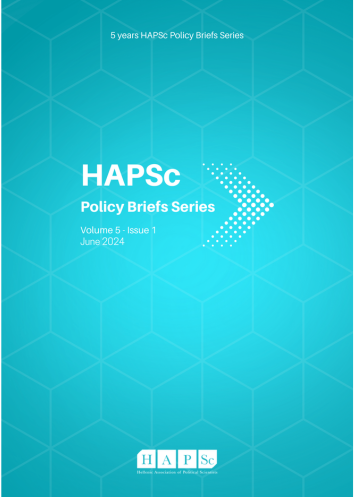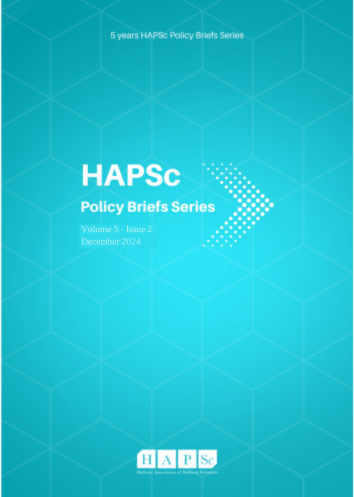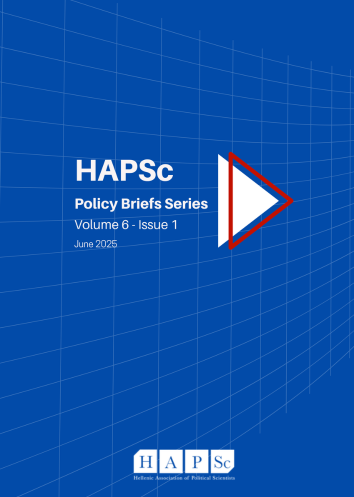Promoting Entomophagy to Enhance Food Security and Nutrition in Kenya
Resumen
As the deadline for achieving Sustainable Development Goal 2 (Zero Hunger) fast approaches, Kenya is still grappling with significant challenges in meeting the United Nation’s Food and Agriculture Organization (FAO)’s four pillars of food security: access, availability, sustainability, and utilization. Recent assessments by the Integrated Food Security Phase Classification (IPC) indicate that nearly 1.9 million people are in acute food insecurity, while over 5.5 million are at risk of hunger. About 1 million children in Kenya are estimated to be suffering malnutrition (UNICEF, 2023), a figure that is worryingly projected to rise sharply in the coming months due to inflationary pressures and environmental shocks.
A new paradigm is therefore required to secure the right of every Kenyan “to be free from hunger, and to have adequate food of acceptable quality”, enshrined in Article 43(1c) of the Constitution. Entomophagy, which refers to the practice of consuming edible insects, provides a more sustainable and environment-friendly approach towards availing affordable and nutritious food. This policy paper deeply examines the strategies for promoting entomophagy as a comprehensive solution to food insecurity and malnutrition, while analyzing the barriers. The key highlights include:
- Edible insects provide a rich source of protein nutrients for human consumption and animal feeds. Entomophagy also provides circular benefits to the economy in the form of sustainability, resource efficiency, and environmental conservation, and thus could form part of Kenya’s strategy towards achieving its Nationally Determined Contributions goal of cutting down greenhouse gas emissions by 32 per cent by 2030.
- Inadequate legal frameworks and lack of harmonized standards, negative consumer perceptions on eating insects, research gaps in entomophagy, limited awareness on the nutritional benefits of insects and the high financial costs of running insect-based enterprises are barriers that limit promotion of entomophagy in Kenya.
iii. Policy recommendations include developing legal frameworks to support insect farming, implementing awareness campaigns primarily targeting the youths, supporting growth of commercial insect-based enterprises through subsidies and capacity-building programs, and investing in research on entomophagy.
Article Details
- Cómo citar
-
Kithinji, B., Kabaka, L., Bakari, E., & Wachira, S. (2024). Promoting Entomophagy to Enhance Food Security and Nutrition in Kenya. HAPSc Policy Briefs Series, 5(1), 122–132. https://doi.org/10.12681/hapscpbs.38978
- Sección
- Articles

Esta obra está bajo una licencia internacional Creative Commons Atribución 4.0.
Authors retain copyright and grant the journal right of first publication with the work simultaneously licensed under a Creative Commons Attribution License that allows others to share the work with an acknowledgement of the work's authorship and initial publication in this journal.




